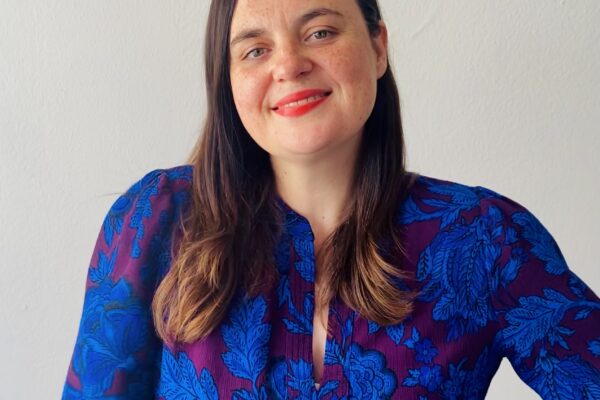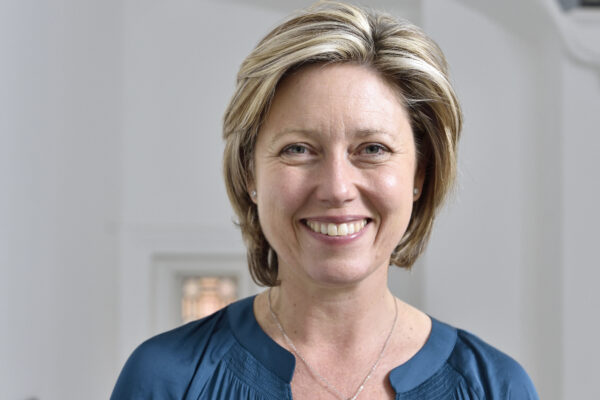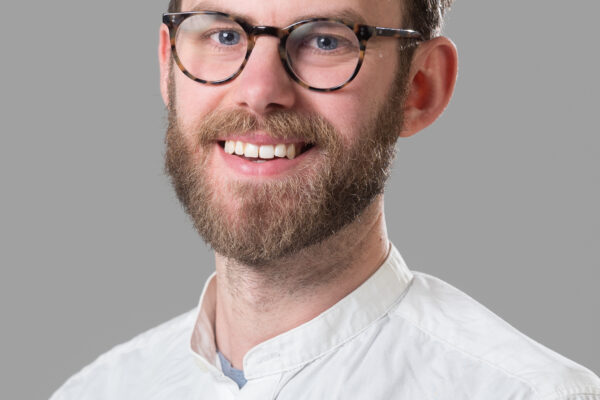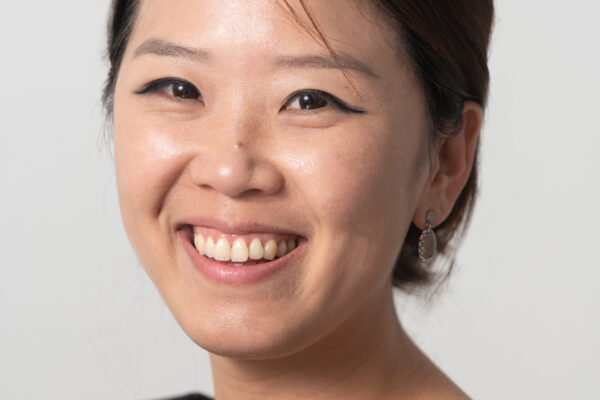
Success stories
NEX.Q
Giving hospitals the tools to better manage infectious disease
A PhD student from Imperial College London is developing and commercialising a suite of tools to enable hospital staff to manage, isolate and supress major outbreaks of infectious diseases.
These might include multi-drug resistant infections like MRSA and other ‘superbugs’; influenza; coronaviruses; as well as emerging infections not currently on our immediate radar.
Ashleigh Myall set up his company NEX.Q in November 2022, whilst taking part in Cohort 6 of the MTSC programme.
Ash has worked with hospitals across the UK, Europe and Asia to develop his technology; first-authored a Lancet paper based on his research; and won an Innovate UK Transformative Technologies grant for £50,000. Drawing on training he received at the MTSC, Ash is now readying his tool for real-world deployment, as he explains:
“It’s basically a decision support system for infection control, which provides clinicians and staff with information to pre-empt infections and to stop those turning into outbreaks. We’re automating pretty much the whole infection prevention and control process, trying to make it as streamlined and user friendly as possible.”

On the frontline of a pandemic
For his undergraduate degree, Ash studied Financial Computing, before a chance internship led to a “fascination with the complexity of biology and the scope for innovation” in the field. He went on to take an MRes in Bioinformatics, then a PhD at Imperial in Applied Mathematics, starting in 2019 and focused on analysis and prediction of antimicrobial resistance across healthcare networks (co-supervised by Professors Mauricio Barahona and Alison Holmes).
“People in my family have been affected by drug resistant infections caught after going into hospital; for example, whilst you may go in for routine treatments for things like heart disease, many people end up picking up really resistant infections. And so I’ve been highly motivated to tackle the issue.”
The COVID-19 pandemic essentially put the brakes on Ash’s PhD, but at the same time it presented an opportunity to pivot his skills and energy towards the urgent public health effort. He volunteered to work with Imperial College Healthcare NHS Trust and with the support of his research group in the Department of Mathematics, he applied his skills in forecasting to project demand on beds and ventilators, which helped guide hospital capacity planning.
“It was very different from my PhD but at the same time it gave me a lot of access and direct contact with clinicians that were benefiting from the tools of mathematical modelling and machine learning. The whole experience allowed me to really understand what the most important clinical pain points were, so that we could design and validate solutions.”

Embedding a clinical focus
Ash then spent time essentially doing field research in hospitals around the world to hone and refine his ideas – for example visiting Singapore, which gained a reputation for its proactive handling of the pandemic. He also spent some time in Vietnam and Thailand where the burden of hospital-acquired infections is very high and strains tend to be extremely resistant.
With those experiences and other placements in Europe, Ash gradually began to see how commercialising his research might be the best path to actually delivering real change in infection and outbreak management.
He successfully applied to the MTSC and incorporated NEX.Q in November 2022.
“I’m not an entrepreneur by background, so the experience of the MTSC definitely pushed this forward. It really encouraged us to constantly go out and speak to users, stakeholders, and hospital decision-makers. That’s been really shaping for us, since we’ve pivoted multiple times in terms of what the product actually is that we’re building based on user feedback. Even now the programme is over, I’m doing more customer interviews than ever and constantly making design adjustments.”
A real value proposition
Ash continues to both progress the research underpinning his venture, whilst at the same time growing and maturing the business model.
He recently won awards from the British Council and the Alan Turing Institute. The latter involves him working as a research scientist across the Turing research community, exploring theoretical classes of model to more accurate describe how antimicrobial resistant organisms are transmitted between hosts.
Meanwhile, NEX.Q recently secured a grant for £50,000 from the Innovate UK Transformative Technologies fund, with the aim of raising a pre-seed round in the near term to run a prospective clinical trial and secure regulatory approval for their technology.
Going forward, NEX.Q’s main clinical partnerships will be with the NIHR Health Protection Research Unit in Healthcare Associated Infections and Antimicrobial Resistance; Imperial College Healthcare NHS Trust; and University Hospitals Sussex NHS Foundation Trust.
Ultimately, Ash believes he can show both investors and customers that his technology can have a real public health utility as well as economic benefits.
“Our biggest value proposition to a hospital is that we can prevent infections, which saves costs and saves lives. But there are other aspects to the tool: because we’re digitizing the whole clinical workflow (which until now has been manual) we’re reducing the amount of time clinicians have to spend on manual data entry, meaning they can be on the wards, interacting with patients.”
With any luck, by the time the next pandemic hits, we’ll be in a much stronger position to respond with solutions like NEX.Q in place.
“Our biggest value proposition to a hospital is that we can prevent infections, which saves costs and saves lives. But there are other aspects to the tool: because we’re digitizing the whole clinical workflow (which until now has been manual) we’re reducing the amount of time clinicians have to spend on manual data entry, meaning they can be on the wards, interacting with patients.”
Dr Ash Myall, Founder of NEX.Q







